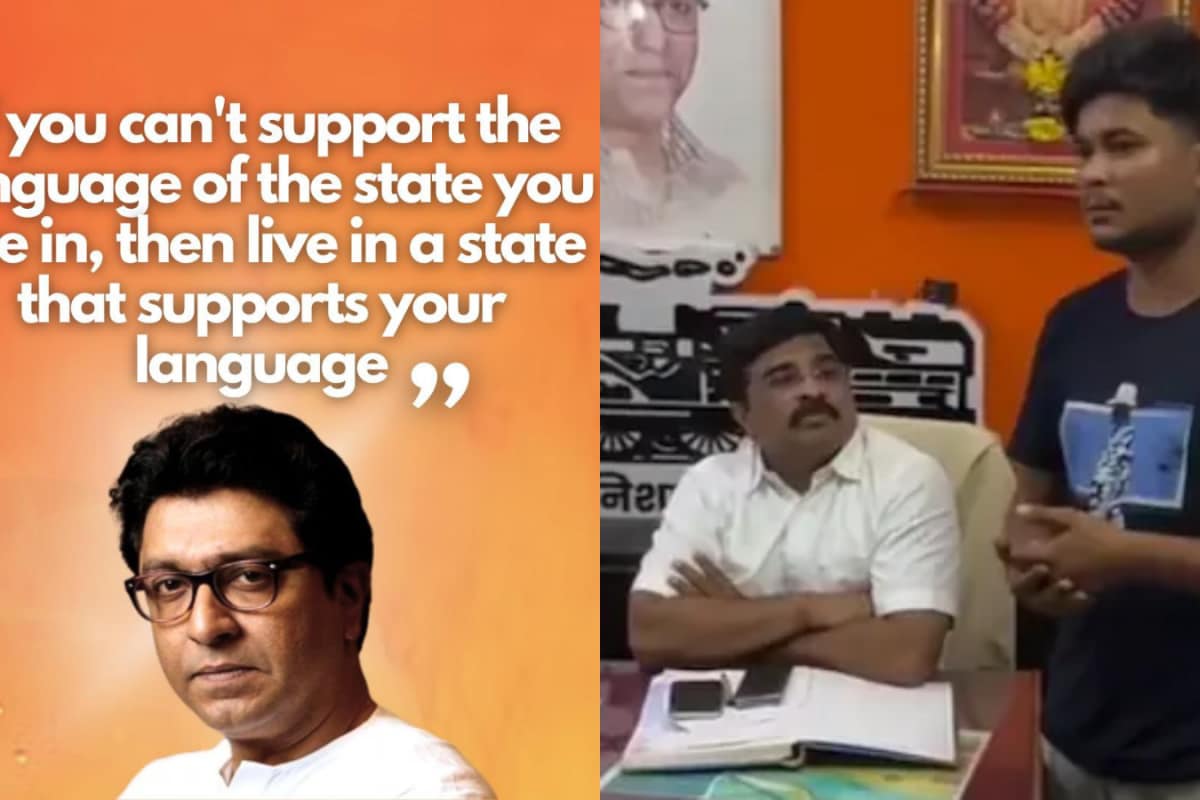

Raj Thackeray, the chief of the Maharashtra Navnirman Sena (MNS), has once again brought the issue of Marathi language to the forefront, delivering a strong message regarding the use of Marathi in Maharashtra. His stance, often articulated with a blend of regional pride and assertive rhetoric, revolves around the idea that those who reside in Maharashtra should embrace and utilize the Marathi language.
Thackeray's recent statements, made during the annual Gudi Padwa rally, included urging people to "learn from South” and highlighting the need for Marathi speakers to stand firm for their language, similar to how Tamil Nadu and Kerala have done. He emphasized that every state has its own language, which must be respected. He also told MNS workers to check every bank and establishment to ensure Marathi is being used.
This is not the first time Raj Thackeray has taken up the cause of Marathi language and "Marathi manoos". In the past, he has launched campaigns targeting migrants, pushing the agenda of Marathi people. In February 2008, violent clashes erupted between MNS workers and Samajwadi Party workers, resulting in attacks on North Indian migrants in Mumbai, Pune and other cities. Thackeray defended his party's stand, accusing migrants from Uttar Pradesh and Bihar of "uncontrolled political and cultural dadagiri". He also accused them of disrespecting the local culture.
Thackeray's emphasis on Marathi identity is a recurring theme in his political career. After breaking away from Shiv Sena to form the MNS in 2006, he promised to be the new voice of Marathi pride. However, his political strategies have been inconsistent over the years.
Following Raj Thackeray's Gudi Padwa rally in March 2025, there were reports of MNS activists assaulting those who do not speak Marathi. After facing backlash, Raj Thackeray requested his party members to stop their protests. He insisted that it was not a compromise. In a letter to party workers, Thackeray said that they had successfully created enough awareness on the issue. He urged the government to make it mandatory for all banks and government establishments to use Marathi.
However, such aggressive tactics have drawn criticism from various quarters. Critics argue that using force to promote a language is unacceptable and that it creates an environment of fear and intimidation. Some political leaders believe that while promoting Marathi is not wrong, taking the law into one's own hands is not acceptable.
Despite the controversies, Raj Thackeray's focus on Marathi language resonates with many Marathi speakers. There is a strong sentiment that Marathi should be promoted and protected, and that those who reside in Maharashtra should make an effort to learn and use the language. This sentiment is also reflected in the ongoing efforts to gain classical language status for Marathi.
The issue of language is deeply intertwined with identity, culture, and politics. Raj Thackeray's stance on Marathi language reflects these complexities and underscores the ongoing debates about regional identity and linguistic diversity in India.